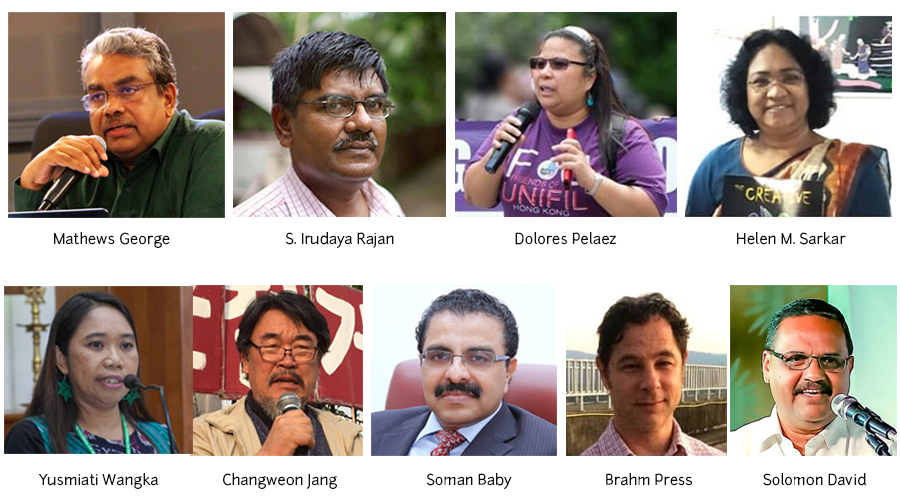CCA’s webinar to discuss plight of migrant workers amidst COVID-19 Crisis
The global spread of the COVID-19 pandemic has brought with it a host of critical issues including the plight of millions of migrant workers within and beyond the borders of every nation. Lockdown situations have left them stranded and unable to return to their homes and resulted in losing their jobs and livelihoods.
The Christian Conference of Asia (CCA) has initiated a series of webinars focusing on pressing issues caused by the COVID-19 crisis.

The first of the CCA’s Webinar series focusing on the ‘Plight of Migrant Workers amidst the COVID-19 Crisis’ will be held from 12:00 to 14:00 (12 PM) Bangkok time on Thursday, 30 April 2020.
Panellists from diverse backgrounds will address pertinent issues related to migrant workers amidst the COVID-19 crisis.
Dr Mathews George Chunakara, General Secretary of the CCA, Dr S. Irudaya Rajan, a scholar who specialises in migration trends and professor at Centre for Development Studies (India); Dolores Balladares-Pelaez, Chairperson of UNIFIL-MIGRANTE (Philippines); Helen Monisha Sarkar, National General Secretary of YWCA (Bangladesh); Soman Baby, a senior journalist in the Arabian Gulf (Bahrain); Yusmiati Vistamika Wangka, Centre for Migrant Domestic Workers (Hong Kong); Rev. Changweon Jang, Osan Migrant Workers Centre (South Korea); Solomon David, Aviation and Airline industry consultant (United Arab Emirates); and Brahm Press of Migrant Assistance Programme Foundation (Thailand) will lead the webinar.
Those who are interested to be a part of the webinar may register by clicking on this link -
https://forms.gle/95cyE3q6nxoZMuup8










